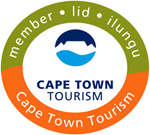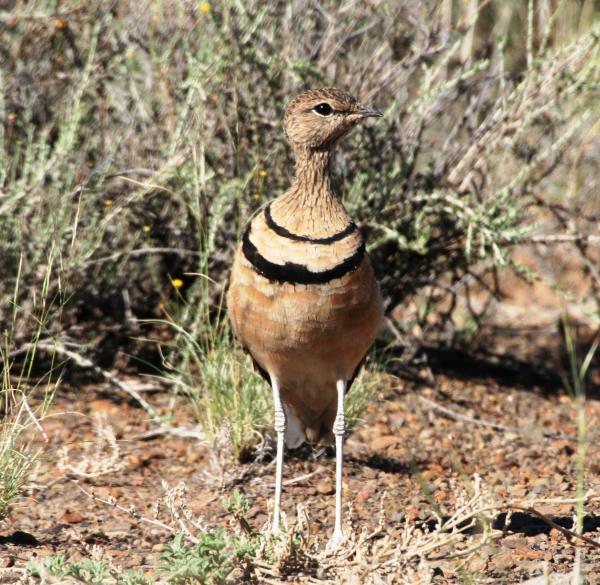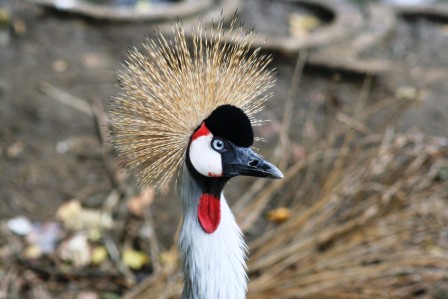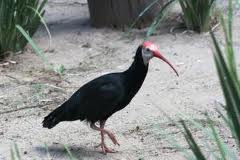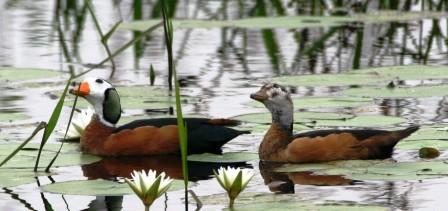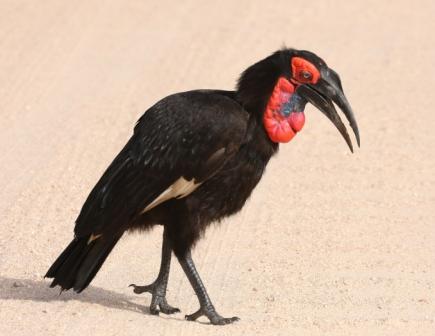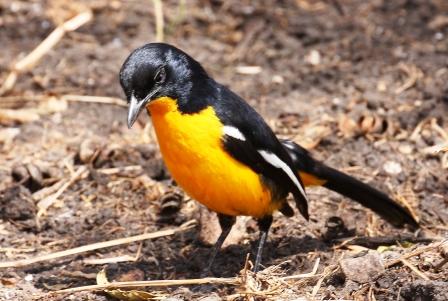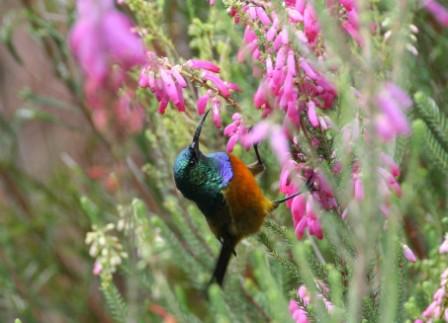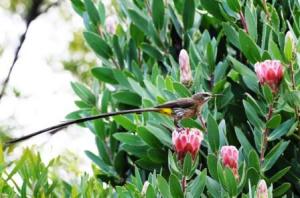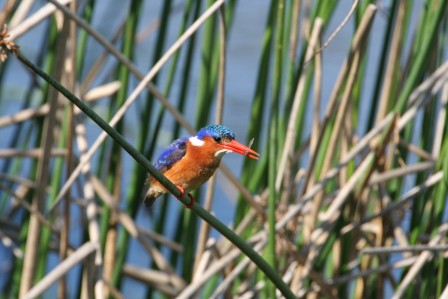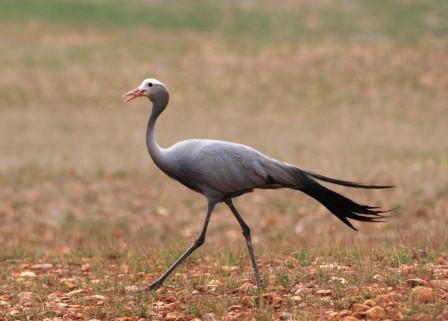|
Newsletter / Blog
2012-08-02
INTRODUCING - THE EWT’S WILDLIFE AND TRANSPORT PROGRAMME.
The Endangered
Wildlife Trust (EWT) is proud and excited to announce the development of its
highly successful, groundbreaking Airport Wildlife Programme (AWP) into a
vastly expanded Wildlife and Transport Programme (WTP). Based on expressed
interest from key role-players in various transport sectors, and the increasing
need to address biodiversity conservation in the rapidly growing, but
potentially impactful transport industry, the EWT has decided to build on its
experience working in the aviation sector to increase the scope of the AWP to
encompass the broader transport industry. This will ensure a more integrated
and comprehensive conservation approach. To better reflect the expanded scope
of the programme, its name has been changed to the Wildlife and Transport
Programme.
Collisions between aircraft and birds have posed a serious safety concern to
the aviation industry for many years, due to the potentially serious
consequences for people, the industry and biodiversity. As a result of this
concern, the EWT established the AWP in 1999 out of a partnership with Airports
Company South Africa (ACSA). The Programme developed risk assessment and
monitoring systems, a policy framework and best practice to guide mitigation
strategies to reduce strikes. In addition, skills development and training of
airports staff as well as awareness raising of the importance of the issue
amongst all stakeholders was undertaken. For over 10 years the AWP has assisted
airports to manage their airfields in an environmentally sensitive manner
whilst addressing passenger safety concerns.
Air transport is not, however, the only component of the transport industry to
impact on wildlife. Wildlife mortality resulting from vehicle collisions has
been recognised as the fifth greatest threat to wildlife. Similar incidents
with trains and marine vessels are also common although grossly under reported.
In addition to collisions, transport infrastructure development such as road
and railway networks, ports and harbours, also impact on ecosystems and
wildlife, through impacts such as habitat loss and fragmentation. To date,
little attention has been paid to these concerns and even less has been done to
address the threat in southern Africa.
The WTP will work to address the identified concerns in the transport sector,
through:
# Undertaking risk assessments (including research projects to inform the
identification, quantification and prioritisation of risks);
# Policy and best practice research and development;
# Assisting and guiding the identification, development and implementation of
mitigation strategies relevant to the South African context;
# Training and capacity building;
# Awareness raising; and,
# Performance assessment.
The WTP will work in collaboration with relevant stakeholders throughout the
transport industry, in both the public and private sectors. It will also use
its existing network of international experts in this area to guide
interventions and provide expertise and support. In addition, the Programme
will facilitate the establishment of relevant forums and networks of
stakeholders in this area to ensure their effective engagement and involvement
in the solutions.
| 

